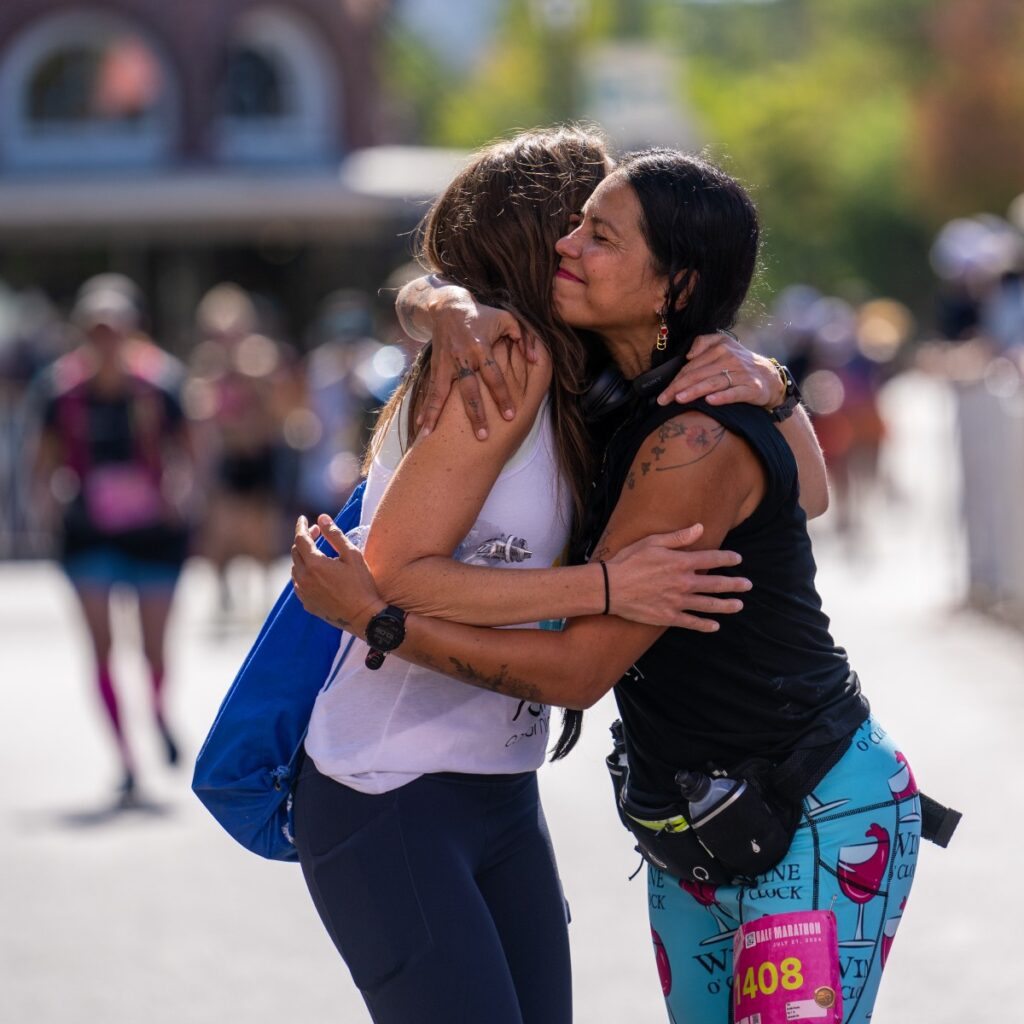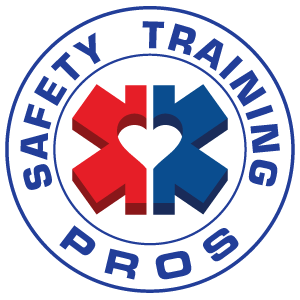
When Kim signed up for Wilderness First Responder (WFR) training, she never imagined she’d use those skills in the middle of a half marathon — as a spectator.
Last year at the Napa to Sonoma Half Marathon, Kim noticed a runner in obvious distress just before the finish line. The woman was doubled over in pain, screaming, and unable to walk. While others hesitated, Kim’s training kicked in. She introduced herself, began a calm and methodical patient assessment, and offered both physical and emotional support.
Drawing on her WFR training, Kim guided the runner through steady breathing, helped her focus, and stayed with her every step of the way — literally — until she crossed the finish line and was met by medics.
What began as a single moment of action turned into an ongoing friendship. The two women still keep in touch and plan to run the race together this year.
For Kim, this experience was more than a rescue. It was a powerful reminder that first responder skills are not just for remote trails or wilderness expeditions — they’re tools for everyday life, giving people the confidence to step up and serve their communities when it matters most.
As Kim put it,
“Thanks so much for the first responder skills and confidence to be able to live a more robust life of service to my community.”
